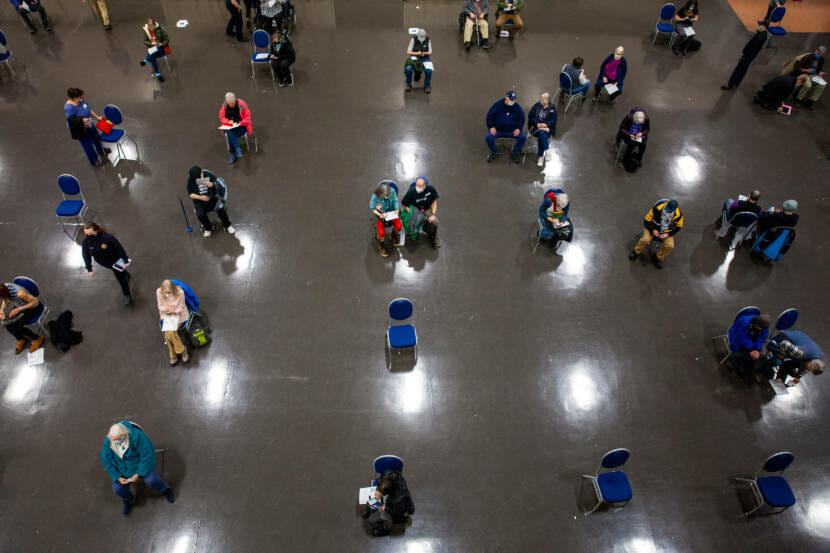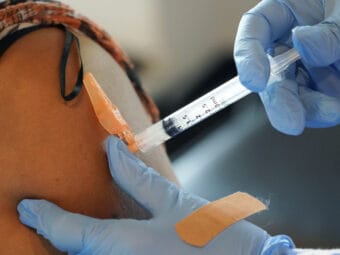
The COVID-19 federal health emergency ends Thursday, though it will be months before some of the special emergency benefits end and most Alaskans won’t notice a drastic change.
Shots: COVID-19 vaccines will still be available at multiple locations. There’s no cost to most people, through insurance — including Medicare and Medicaid — and through a children’s vaccination program.
Tests: Private insurance plans no longer have to cover COVID-19 testing at no cost. Free testing for uninsured people will continue, though the testing locations may change, the state Department of Health says.
Treatment: COVID treatments, like Paxlovid, will still be available. Medicaid recipients can get the medication at no cost until at least October of next year. Those with private healthcare and on Medicare may be subject to copays and deductibles.
Telehealth: Some changes brought by the pandemic are more lasting. During the health emergency, Medicare loosened the rules for telehealth. That flexibility will continue until at least the end of next year. Meanwhile, in 2022, the state Legislature passed a bill to permanently lift some restrictions on telemedicine delivery.



